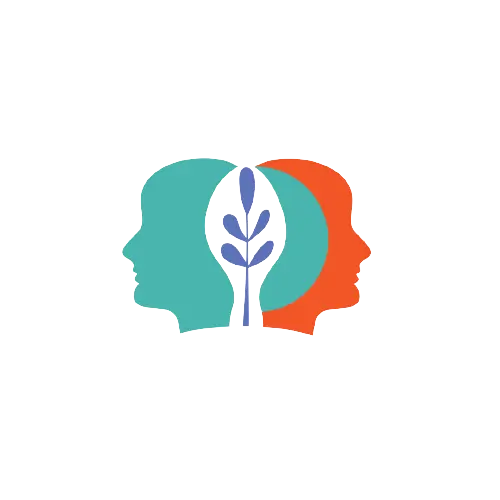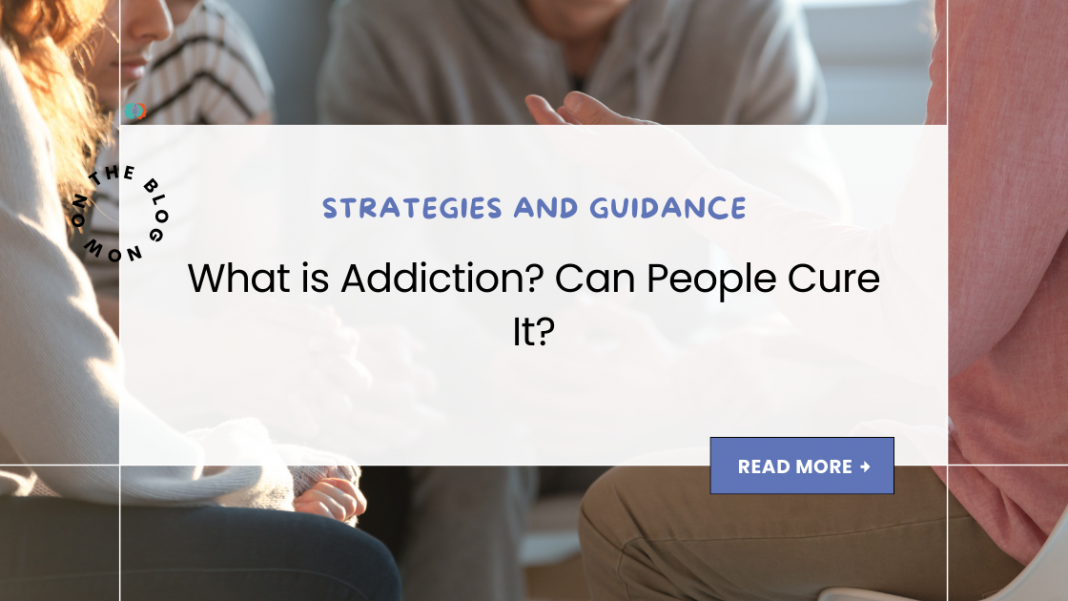Addiction is a multifaceted disease characterized by an insatiable craving and an inability to abstain from substances or behaviors that are harmful. It’s a chronic condition that can lead to severe psychological and physical distress. This guide aims to shed light on the nature of addiction, providing a deeper understanding of its symptoms, types, causes, and available treatments. It also offers valuable coping strategies for those affected and their loved ones.
Symptoms
Addiction manifests through a compelling urge to engage in a particular behavior or use a substance, despite potential negative consequences. Signs include increased tolerance, withdrawal symptoms upon cessation, neglect of responsibilities, and social or interpersonal issues stemming from the addictive behavior.
Types
Addiction varies widely, with substance addiction involving drugs or alcohol, and behavioral addiction concerning activities such as gambling, sex, or internet use. Both types disrupt daily functioning and can have severe physical, psychological, and social effects.
Causes
The etiology of addiction is multifactorial, with genetic predisposition, environmental factors, psychological conditions, and social influences all playing a role. Stress, trauma, and peer pressure can also contribute, creating a complex web that ensnares individuals into addictive patterns.
Diagnosis and Testing
Diagnosis typically involves a comprehensive evaluation by a healthcare professional, including a physical examination, an assessment of medical history, and psychological evaluations. Diagnostic criteria from the DSM-5 are often employed to determine the presence and severity of addiction.
Treatment
Effective treatment is typically multifaceted, combining medical intervention, behavioral therapy, and support groups. Medications may be used to manage withdrawal symptoms and cravings, while psychotherapy can address underlying psychological triggers and promote behavior change. Support groups offer a community of peers for shared experiences and encouragement.
Small Tips for Coping
Coping with addiction requires both long-term strategies and daily practices. Mindfulness, exercise, and healthy eating can support overall well-being. Building a supportive network and engaging in fulfilling activities replace the time and energy once consumed by addictive behaviors.



